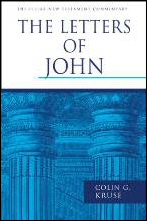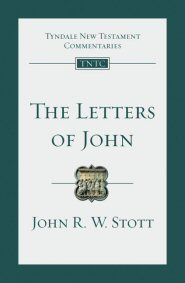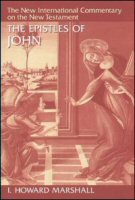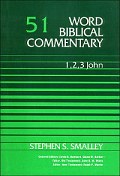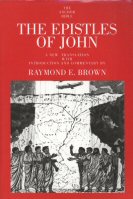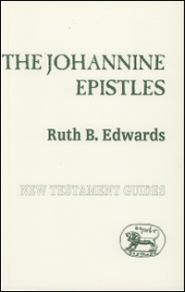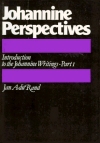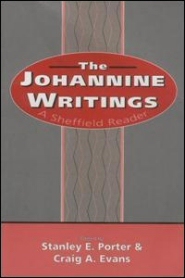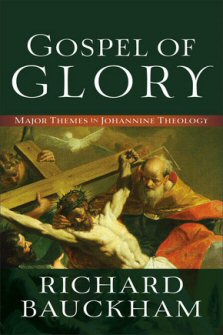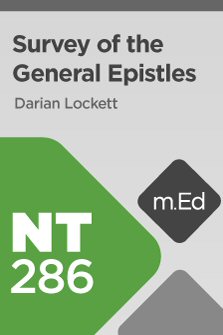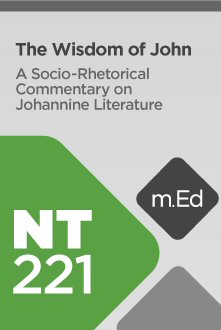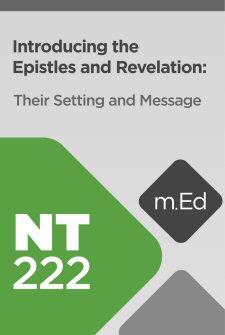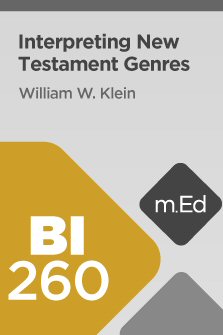1-3 John
The 1-3 John Expository Preaching Kit (L) helps you plan an expositional sermon series with a trifecta of core resources in each of the Expository Preaching Kits: commentaries, Bible dictionaries, and sermon outlines. Each kit includes commentaries from Ancient Christian Commentary on Scripture (ACCS) and the Preacher’s Outline & Sermon Bible (POSB), as well as reference resources like The Oxford Handbook of Biblical Studies, Dictionary of the Later New Testament & Its Developments, and Carta's New Century Handbook and Atlas of the Bible . This kit includes everything in 1-3 John Expository Preaching Kit (M) plus additional resources like The Epistles of John (The New International Commentary on the New Testament | NICNT), Practical Illustrations: 1 Peter, 2 Peter, 1 John, 2 John, 3 John, Jude, Augustine's Homilies on the First Epistle of John, and more.
Small
Medium
Large
